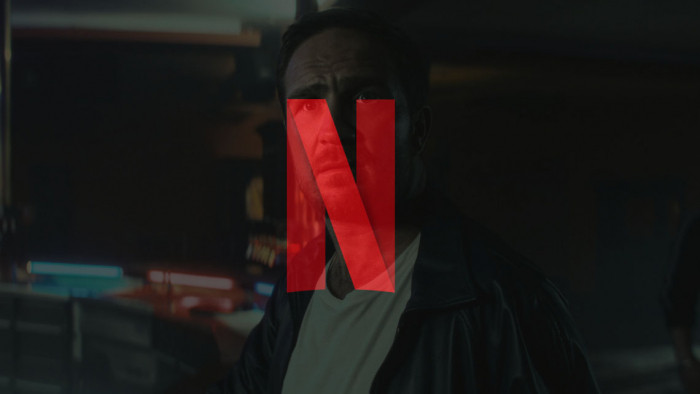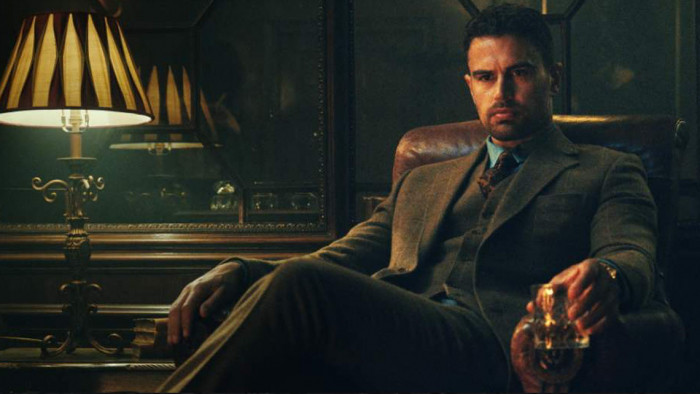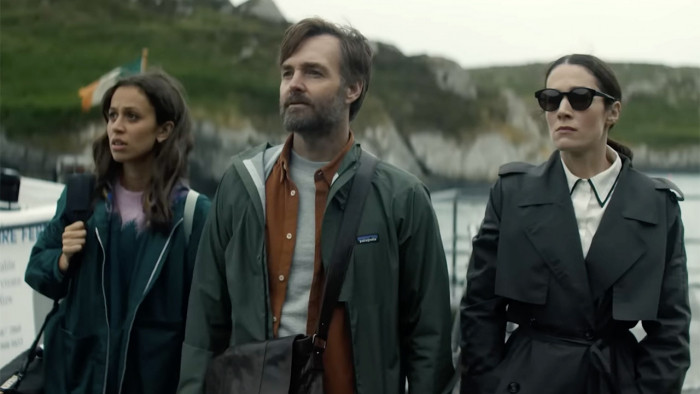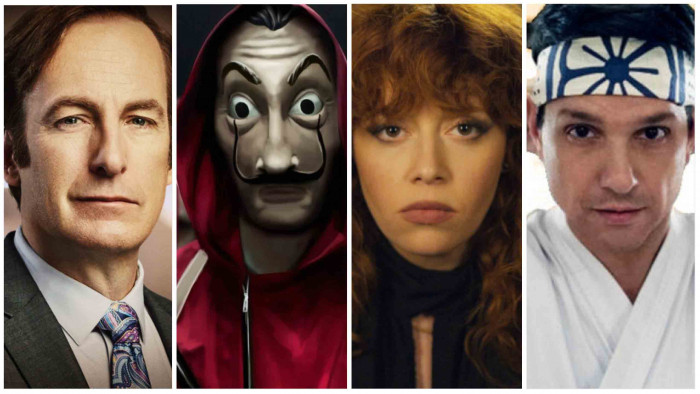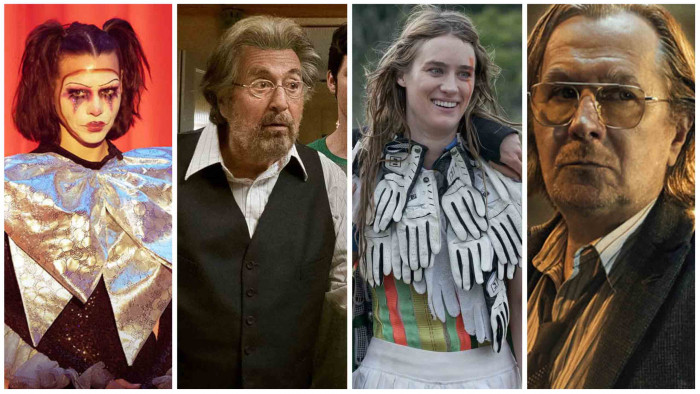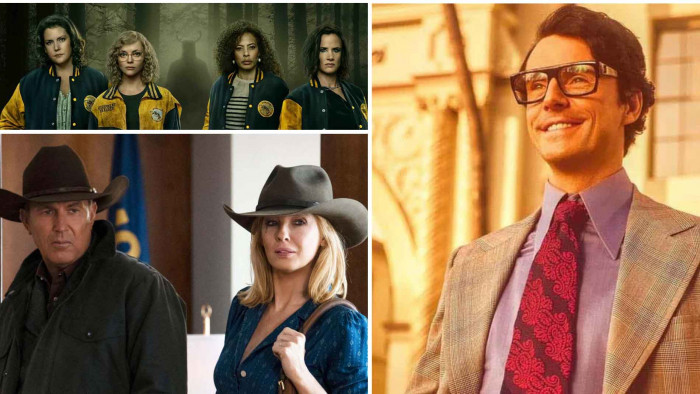Bryan Cranston: "I was all in. I didn't have a backup plan"
We spoke to the actor about ambition & how long he could survive in a garage


There is an irony to watching Bryan Cranston promote his latest film. In the numerous obligatory interviews, Cranston has spoken again and again about the way in which he is able to empathise with Wakefield’s protagonist, Howard Wakefield, who hides from his family in his garage for a while in order to abscond from a life that feels like an eternal hamster wheel. In life we tend to do the same thing over and over again, Cranston says in an interview. You see, we tend to do the same thing over and over again, he says in another interview. In life, he says in a separate interview, we tend to do the same thing over and over again. When I meet him for a short chat in a dark room, I try, if only for his own sanity, to avoid asking questions that will elicit the answers he’s already given twelve times before. Because, by his own logic, if he keeps delivering variations on that sentiment for much longer, he’ll do a Wakefield and slink off to embrace solo garage life himself.
Today he’s wearing a white shirt beneath a black suit, and his suspiciously brown 61-year-old hair is, sure enough, still there and suspiciously brown. (The strange thing about interviewing Bryan Cranston with hair is that it doesn’t feel in any way like sitting in front of Walter White. A goatee and a bald head truly transform the man’s entire demeanour.) When he crosses his left leg over his right, from the bottom of his shoe I’m greeted with an unexpected flash of red that, for a second, looks like a stocking he’s wearing to throw me off my game.

Wakefield sees Cranston, a Manhattan lawyer in a peculiarly loveless relationship with his wife and two children, decide while walking home one day that he will simply not return home for a night, choosing instead to watch his family from a secret vantage point. This bizarre decision soon becomes irreversible and we watch as Howard Wakefield’s beard lengthens, his smell worsens, and his wife tries to move on with her life. It’s a weird film and Wakefield, unlike Cranston’s infamous anti-hero Walter White, isn’t strangely likeable. He’s strangely hard to like at all.
Given that Wakefield decides to spend what is probably weeks by himself, I’m keen to know how Cranston thinks he would fare in similar circumstances. How is he in his own company? “I’m quite entertaining in my own company,” he says. “I think most actors are, because we’re a little scattered and a little schizophrenic anyway. I talk to myself constantly but I also need to hear myself if I’m working on a character: ‘What does that sound like? Maybe I can give it a little more nuance.’” Hearing the Cranston soliloquy, his wife often thinks he is trying to talk to her: “She goes ‘I can’t hear you!’ And I go “I’m talking to me!’”

And for how long might the self-confessedly pampered actor survive in the wild? “I would do it as an experiment until I felt that the experiment was just getting too uncomfortable. It’s alright to be briefly uncomfortable; sometimes if you’re chilled and you’re cold, it could help remind you of the condition of a lot of people around the world – cold or tired or hungry. And that’s good, to develop compassion in that way.” But, he says, the older he gets, the less he wants to put himself in those kinds of situations.
I spoke recently to Cranston on the phone in a different context – on the subject of 9-5 work and the importance of routine. Though young Cranston was no stranger to monotonous manual labour, he has never had an office job. Had things turned out differently, how long might he have lasted as a commuter caught up in the monotony of desk work and public transport commuting? “Unless you’re actually that person,” he says, “You have no way of knowing.” But he says that when he became an actor he decided to live by a poker term: going all in. “I was all in. I didn’t have a backup plan; there wasn’t ‘I’m gonna give this x amount of time before I make another decision.’ This was what I was going to pursue.” In the early days he had a credo by which he lived: “I’m going to pursue something that I love and hopefully become good at, as opposed to something I was good at but not in love with. And I remembered that.” Whether that meant succeeding as he has, or still sharing a flat with three or four other actors as a 60-year-old man, he would not have given up.
It’s uncontroversial to say that, somewhere along the way, Cranston achieved his ambition: he became pretty good at acting. And for a long time he’s looked like he’s in love with it – even if, just occasionally, when he’s in a dark room and quizzed by a never-ending procession of journalists, it can feel like a hamster wheel all of its own.
Wakefield is available now on digital platforms and on DVD.
